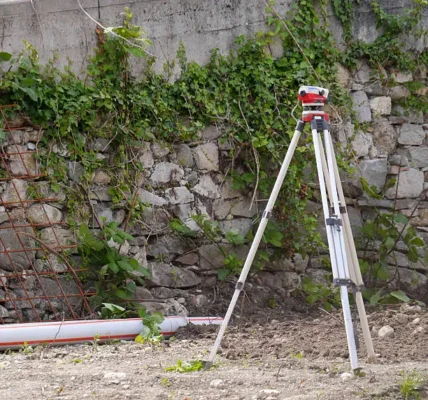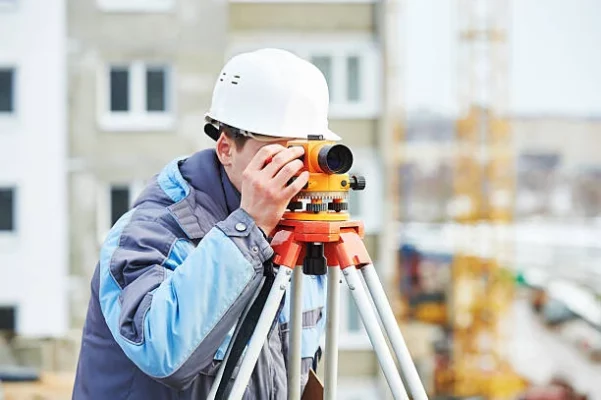What to do When You Receive a Party Wall Notice?
If you have received a notice, it’s essential to take prompt action to protect your interests as an adjoining building owner. Within 14 days, the adjoining building owner must appoint a surveyor to represent their interests. Often adjoining owners will prefer to have their own surveyor to asses the condition of their property and serve a party wall award or any legal document. It’s advisable to seek advice from adjoining owners from a qualified party wall surveyor familiar with the Party Wall Act. By appointing your own surveyor, you ensure that your rights are protected throughout the party wall process like serving party wall awards and avoiding unnecessary inconvenience.
What Comes Next When You Served a Party Wall Notice
Once you’ve received a party wall notice, the next step is to appoint a party wall surveyor to represent your interests. The surveyor acting for the adjoining owner will review the proposed works and ensure that your rights are protected. Surveyors come in to advise adjoining owners and have a party wall agreement between both parties. They will liaise with the building owner’s surveyor to reach an agreement and, if necessary, issue a party wall award. The surveyor fees are typically paid by the building owner, but as an adjoining owner, you have the right to appoint your own surveyor to act on your behalf.
Contact Us
If you’ve received a party wall notice or have questions about your rights as an adjoining owner, don’t hesitate to contact us for specialised party wall services for all party wall matters. Our team is here to provide expert advice and guidance, ensuring that your interests are protected throughout the party wall process, and addressing concerns about notifiable works and dissent. Reach out to us today to schedule a consultation and learn more about how we can assist you with your party wall etc matters.










